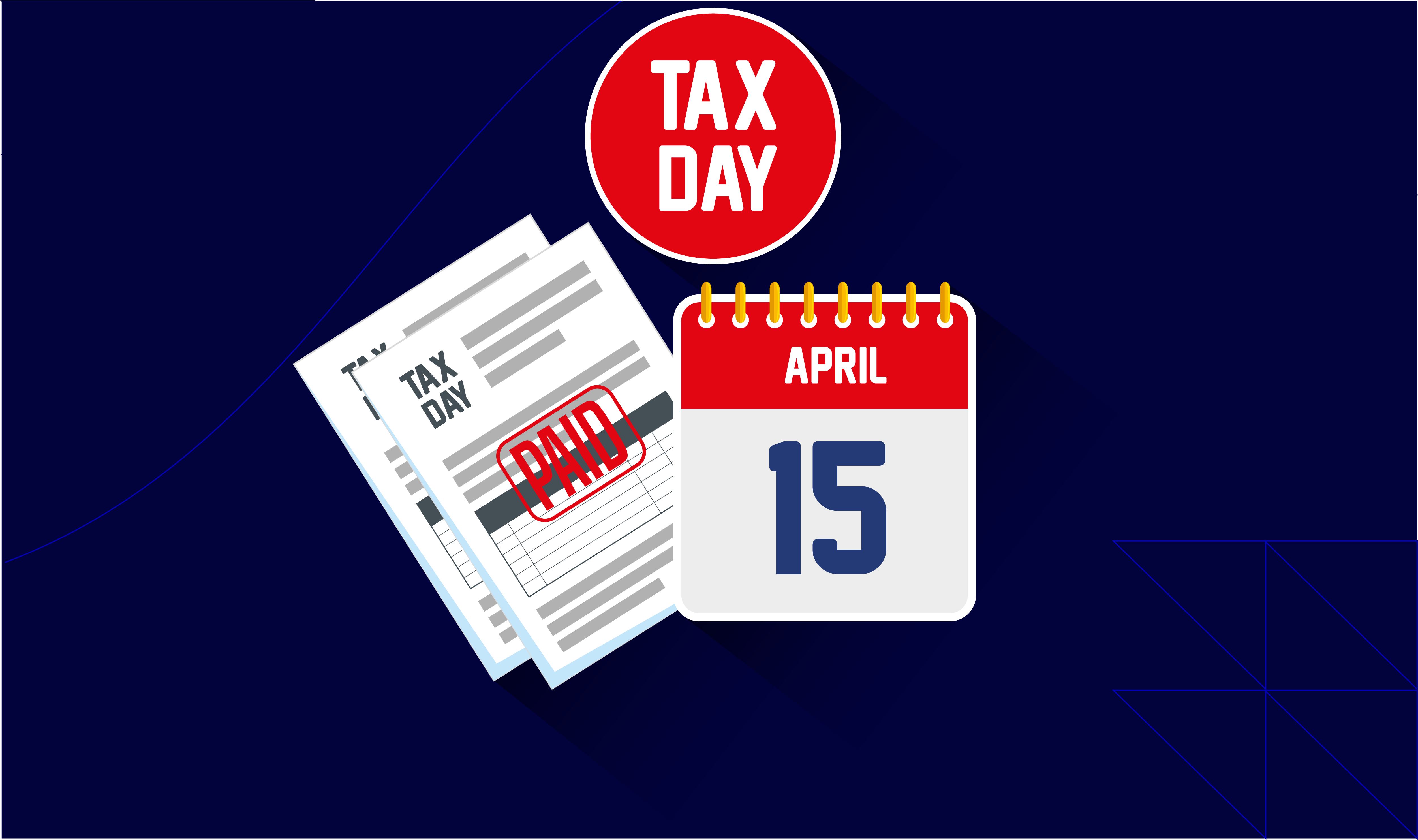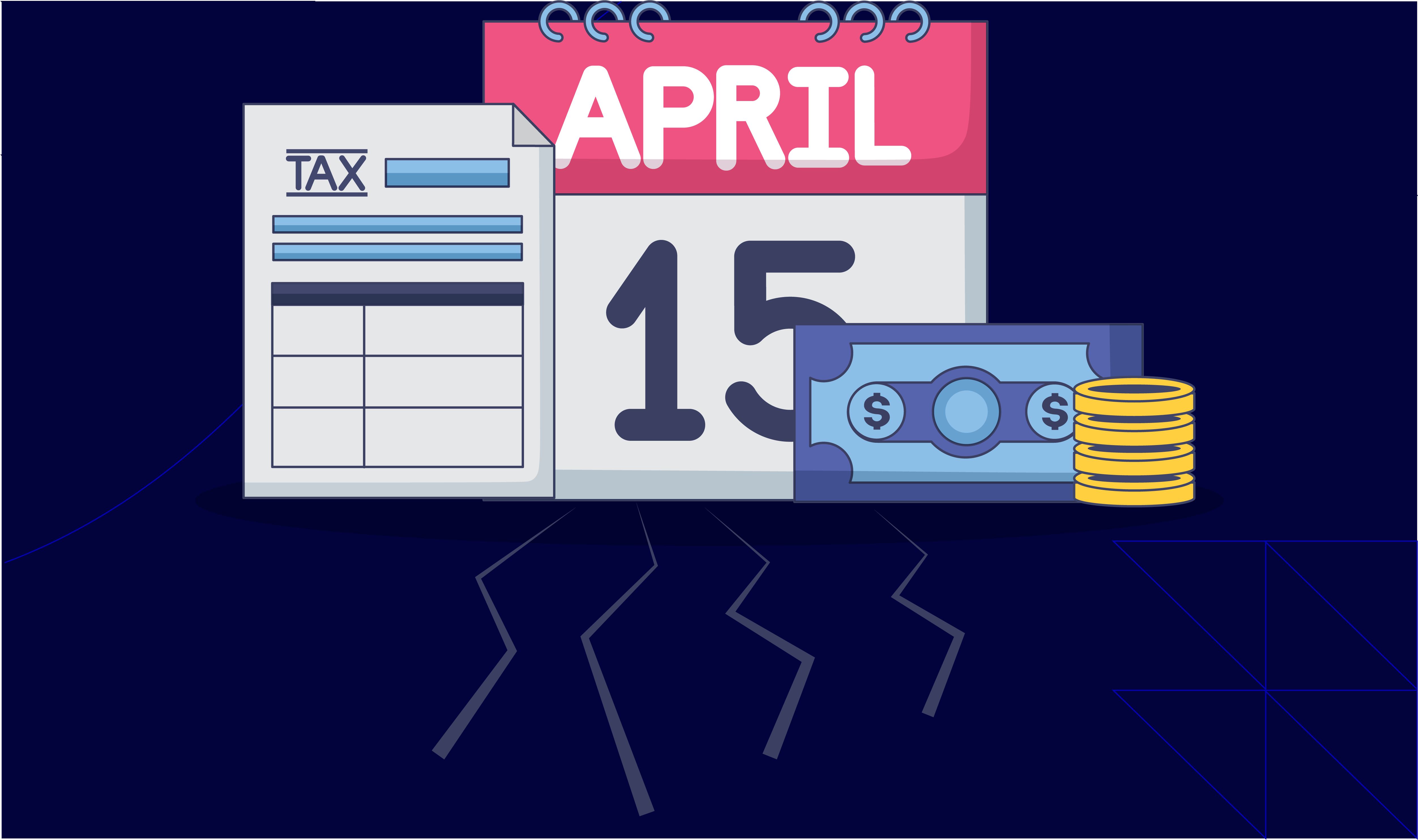13th salary is an additional payment made to employees. Usually, it is generally equal to one month’s basic salary. This extra pay is either mandated by law or considered a customary benefit. Please note that this compensation is part of global practices and benefits designed to support employees financially.
Let’s go back to history! Long ago, employers gave workers extra money or gifts during harvest time or religious holidays to thank them and keep them loyal. Gradually, this became more organised.
After World War II, European countries like Italy and Spain started to include an extra month’s salary (called 13th-month pay). The idea was to encourage workers to spend more during the holidays and improve the economy.
Similarly, in the 1960s, countries like Brazil made this extra pay official. Brazil passed a law in 1962 that requires a 13th salary. Here again, the goal was to let workers spend more during the Christmas season and support the economy.
In today’s world, these extra salaries are now part of standard employee pay in many places. Today, many countries including parts of Latin America, Europe and Asia recognize the 13th or even 14th-month salary as a formal benefit. Please note that this is extra money on top of their normal monthly pay.
For CX and HR leaders managing global teams, understanding these regional pay practices ensures compliance, transparency and employee satisfaction across countries.
Want to understand this concept in detail? In this article, let’s learn what the 13th salary is and how it is calculated.
What is the 13th Salary?

13th-month pay is an extra payment provided to employees in addition to their annual salary. It is usually equal to:
- One month’s salary
- 1/12 of the total annual salary
This payment is part of the global practices and benefits used in many countries to support employees financially. In almost all cases, the 13th-month pay is usually taxed at a lower rate than standard income.
For employers with distributed or offshore teams, it’s essential to follow local labor laws, as the timing, eligibility, and taxation vary widely across countries.
Is 13th-Month Pay Mandatory?

Yes, in some countries! Paying 13th salary is mandatory in at least 17 countries in Latin and South America (including Brazil, Argentina, and Mexico).
Additionally,
- The 13th-month salary is a legal requirement in the Philippines since 1975.
- In Asia, only three countries mandate it, but it is customary in about 10 others.
- Brazil and Guatemala require employers to pay a 13th-month pay by law.
- In Slovakia, 27% of employees receive a Christmas bonus and 17% receive a 13th-month pay.
- Some countries even require a 14th-month salary as an extra benefit.
Besides, in some countries, 13th-month pay is “customary”. This means it is not required by law, but is still expected by workers. For example, in France and Cyprus, while not mandated by law, the 13th-month pay is a widespread practice and often expected by employees.
Not offering it can:
- Hurt employee satisfaction
- Increase staff turnover
As a business owner operating in these regions, you must provide a 13th salary to support global practice and benefits standards.
At the same time, some countries do not have this system! For example, the United States does not require 13th-month pay. Instead, companies here give performance bonuses or other year-end incentives.
Difference Between 13th-Month Pay and 13th-Month Bonus

Please note that both 13th-month pay and bonus are a part of global practice and benefits in many regions. However, they differ based on the obligation and consistency:
| 13th-Month Pay | 13th-Month Bonus |
|
|
Who Gets 13th-Month Pay?

In most countries where 13th-month pay is required, it applies to regular and non-managerial employees. To qualify, the employee must have worked for at least one month during the year.
However, eligibility depends on:
- The country’s laws
- The type of work agreement
If you operate in multiple regions, you must review contracts and local regulations to know who qualifies.
Who May Not Be Eligible?
In many countries, the following workers are not entitled to 13th-month pay:
- Managers or staff who make or recommend decisions about:
- Hiring
- Firing
- Salaries
- Personal service providers, such as:
- Private drivers
- Housekeepers
- Private nurses
- Commission-based employees earning income through sales.
- Freelancers and independent contractors working under project-based agreements.
- Government or civil service workers, as they usually have different pay rules.
As a business operating across multiple regions, always consider local laws and employment contracts to remain compliant.
How is the 13th-Month Pay Calculated?

Since different countries have different employment rules and labour laws, the calculation of the 13th salary differs! However, we can still summarise and learn the gist of its calculation through the three major methods mentioned below:
1. Basic Method – Annual Salary Divided by 12
This is the most common way of calculating the 13th salary. In this global practice and benefit, you give the employee one extra month of their regular salary at the end of the year.
Calculation
- Add up the total salary the employee received in a full year.
- Then divide that amount by 12.
Formula
- 13th Month Pay = Total Salary Earned During the Year/ 12
Example
Say an employee earns $2,000 each month:
- Total salary for the year = $2,000 × 12 = $24,000
- 13th month pay = $24,000/ 12 = $2,000
So, you pay them an extra $2,000 at the end of the year.
2. Argentina Method – Based on the Highest Monthly Salary
In Argentina, the 13th-month pay (called aguinaldo) is paid in two equal installments. Each part is 50% of the highest monthly salary the employee earned during the year.
Calculation
- First, find the highest monthly salary the employee received during the year.
- Then divide that amount by 2.
- Pay half in June and half in December.
Formula
- Each Payment = Highest Monthly Salary/ 2
For Example
Say the employee’s highest monthly salary was $2,000:
- Half of that is $1,000.
- Pay $1,000 in June and $1,000 in December.
So, the total 13th-month pay is still $2,000, but it is split into two payments.
3. Prorated Method – For Employees Who Did Not Work All Year
If someone worked for only part of the year, they get a portion of the 13th-month pay based on how many months they worked.
Calculation
- Take their monthly salary and multiply it by how many months they worked.
- Then divide the result by 12.
Formula
- Prorated 13th Month Pay = Monthly Salary × (Months Worked/ 12)
For Example
Say the employee earns $2,000 a month and works for 6 months:
- The employee has earned a total salary of $12,000 ($2,000 × 6)
- Now, divide the total salary of $12,000 by 12 months. It gives us $1,000 ($12,000/ 12)
So, in this global practice and benefit, the employee would receive $1,000 as their 13th-month pay.
When Is 13th-Month Pay Given?

The timing of 13th-month pay depends on the country. In most places, this payment is made in December, but there are exceptions. Let’s have a look at some common payment times:
| 13th Salary is Paid at the Year End | 13th Salary is Paid At Different Times |
| As part of the global practices and benefits, most countries pay a 13th salary in December (usually before the end-of-year holidays). |
|
Additionally, some places also require a 14th-month salary. This creates two separate payment deadlines during the year. Be aware that 13th-month pay is not the same as a Christmas bonus. In many countries, both are paid separately.
The 13th-month pay is part of global practices and benefits, while a Christmas bonus is an extra reward that is not always guaranteed.
13th Salary and Rules Taking a Toll? Don’t Let CX Suffer Amid All This! Outsource It to Atidiv in 2025

The 13th-month pay is a long-standing global HR practice and benefit. It supports employees financially and boosts spending during key times of the year. Whether mandatory or customary, it is common in many countries and expected by workers.
As a business owner with global teams, you must know:
- How to calculate 13th-month pay?
- When to disburse the payment?
- How to remain compliant with the various local laws?
Accurate and timely payments of the 13th salary strengthen employee satisfaction and retention. But, what about customer retention? Amid managing all this, do you feel your customer support department is struggling?
Outsource to Atidiv! We are customer support specialists and a digital customer experience solutions provider. Through our expert team, we offer:
- Omnichannel messaging solutions(phone, email support outsourcing, chat, SMS)
- Voice telco services
- Social media support
- Personalised customer service, and more
We’ve delivered:
- 80% time savings and 99% accuracy for an NYC startup
Read case study → - $20M+ savings and 95%+ service quality for a business aggregator
Read case study →
Atidiv helps global and D2C brands with compliance, CX operations and reduce costs by up to 60%. Don’t you want to achieve similar benefits? Outsource your customer support to Atidiv and focus on growth while we handle your global CX and payroll compliance seamlessly.
FAQs On global practices and benefits
1. Is 13th-month pay mandatory for all countries where I employ staff?
No! Some countries require it by law (like Brazil and the Philippines), while others treat it as a common practice. Always check local regulations to stay compliant.
2. How do I calculate 13th-month pay if my employees earn variable monthly wages?
You need to total all base monthly salaries earned during the year and divide by 12. If the pay varies a lot, you can even use the “average monthly salary”. Countries like Argentina use the highest monthly pay instead.
3. What happens if I don’t provide 13th-month pay where it’s expected or required?
Not paying it where required can result in legal penalties, compliance risks and employee dissatisfaction! In places where it’s customary, you can skip it, but such an act can:
- Harm employee trust
- Lead to high staff turnover
Be aware that it is a risk to both legal compliance and team morale.
4. Do I need to give 13th-month pay to freelancers and contractors?
Usually not! Freelancers and contractors are not regular employees and are paid based on project terms. In most countries, the 13th salary is only paid to regular employees under employment contracts. Always confirm based on local labor laws.
5. Is 13th-month pay the same as a year-end bonus?
No. The 13th salary is mandatory or customary, while bonuses are performance-based and discretionary.

